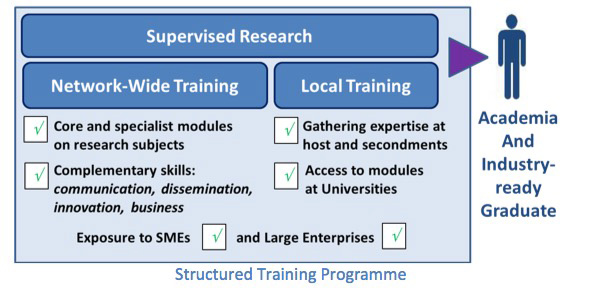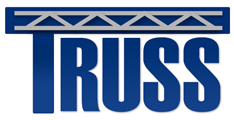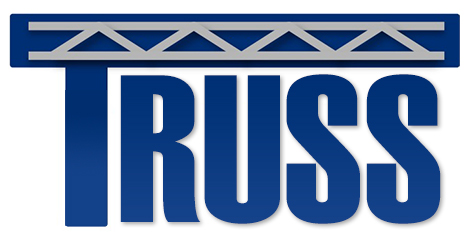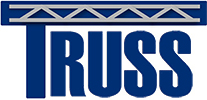
The TRUSS training programme is structured in two ways:
- Supervised research towards a doctoral award and
- Network-wide and Local training activities.
A doctoral degree will be awarded by the academic beneficiary playing a main supervision or co-supervision role where the outcome of the research makes an original and substantial contribution to knowledge and where the candidate has demonstrated the capacity to pursue original research and scholarship.
In order to tick all boxes in the figure, the ESR experiences different environments:
The benefits of these secondments are numerous – the placement helps to define and illuminate the subject of the student’s academic research, and it provides practical experience of the application of the academic tools and transferable skills acquired in the taught modules. All PhD topics involve placements in both research-active industry and academic participants conducting work that will place the ESRs at the forefront of their field, exposing them directly to the commercial world and offering them the opportunity to prepare for a subsequent professional career.
In this context, their experiences are invaluable to the ESRs as they learn from these companies, not only during their industry placements, but also in the Core Research, Business Skills, Communication Skills and Innovation Workshop taught modules imparted by SMEs and Large Enterprises.
The researchers working at a national level benefit from seeing the international dimension that the TRUSS researchers will bring to their work. Reciprocally, the TRUSS researchers benefit from interacting with high quality researchers working in each of the participating Universities in line with ERA objectives.



